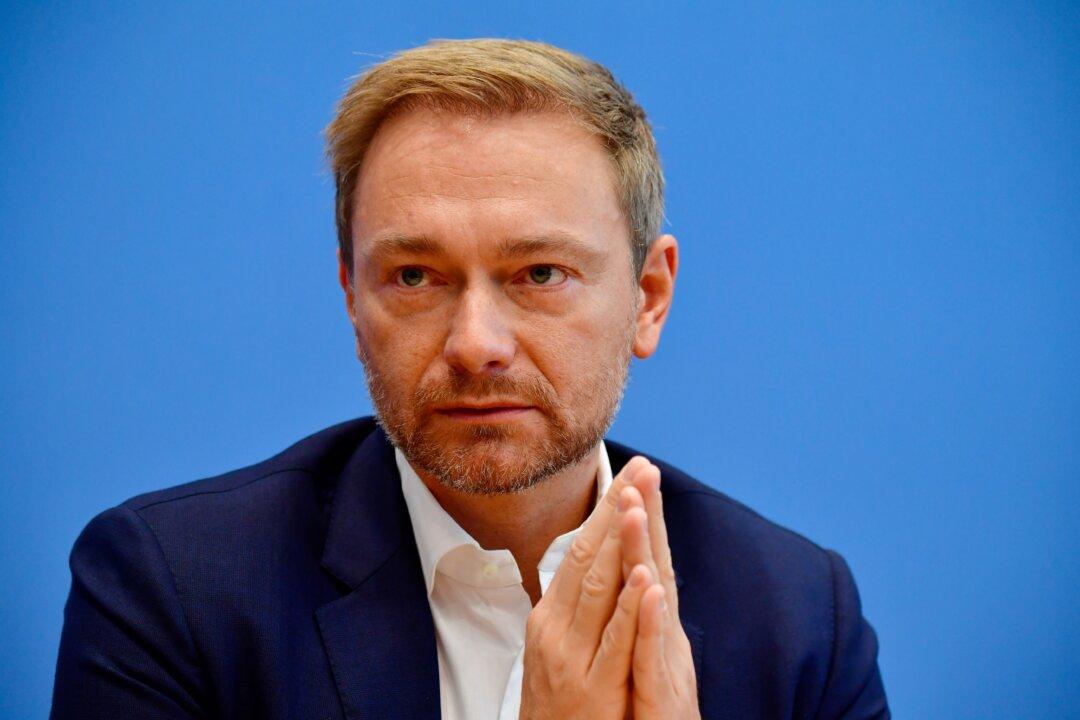Christian Lindner, leader of Germany’s Free Democratic Party (FDP), led a delegation to visit Beijing recently, but was treated rudely by Chinese officials because the group had met days earlier with Hong Kong pro-democracy lawmakers.
“I have experienced a lot in foreign affairs, but nothing like this,” Bijan Djir-Sarai, FDP foreign affairs leader, who was also in the delegation, told German media Spiegel Online on July 22.





